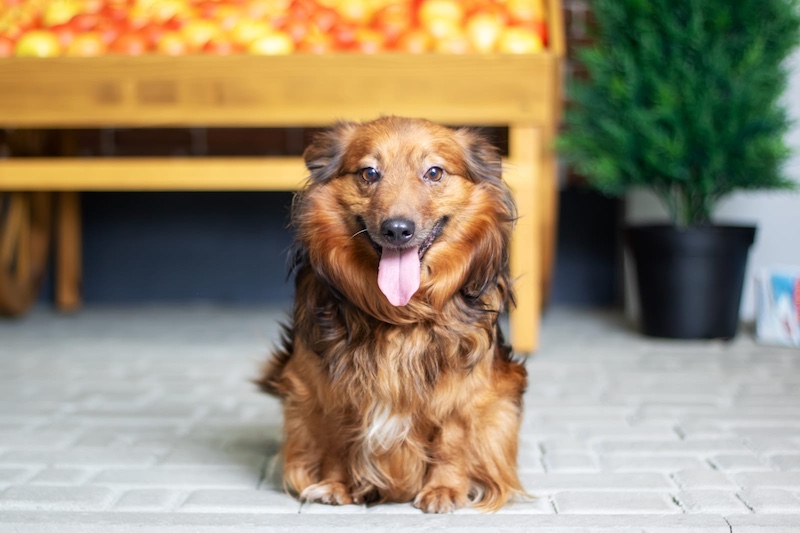Keeping our homes safe for our dogs can sometimes be more challenging than it seems. That’s because there are lots many things that can be harmful to dogs that we might not even think twice about. For example, many common household items that we use every day can pose serious health risks to our furry friends. From cleaning products to seemingly harmless foods, it’s important to know what dangers lurk around the house. Here are ten common household items that are dangerous to dogs and tips on how to keep your pup safe.
1. Chocolate
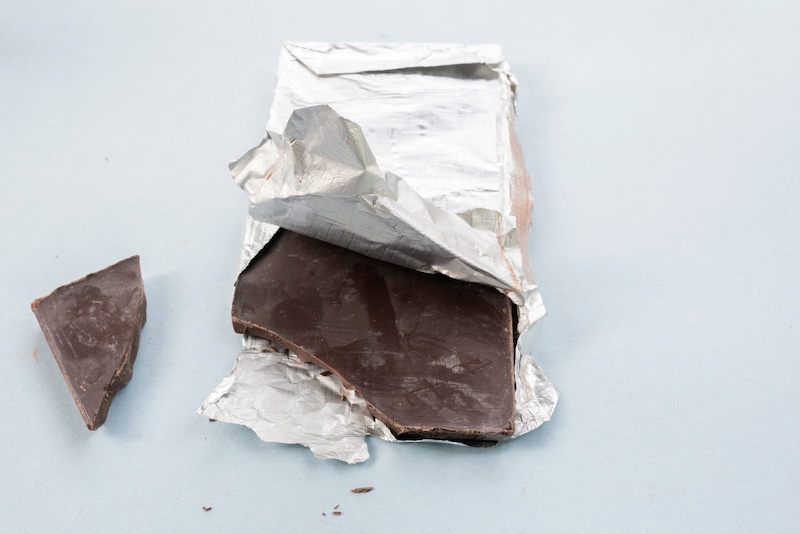
Chocolate is one of the most well-known toxic substances for dogs, but it’s still worth emphasizing how dangerous it can be. Chocolate contains theobromine, a compound that dogs metabolize much slower than humans. Even a small amount can cause symptoms like vomiting, diarrhea, increased heart rate, seizures, or even death. The darker the chocolate, the more dangerous it is. Always keep chocolate out of reach, and make sure your dog doesn’t have access to any desserts containing it.
2. Grapes and Raisins
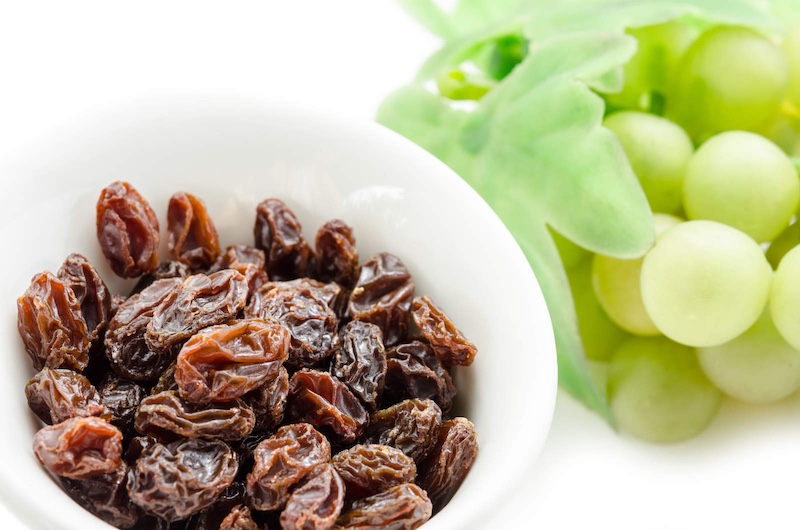
While grapes and raisins may seem like healthy snacks for humans, they can cause severe kidney failure in dogs. Even a small amount can lead to symptoms such as vomiting, lethargy, and abdominal pain. It’s still unclear why these fruits are toxic to dogs, but the effects can be life-threatening. Avoid feeding your dog grapes or raisins, and make sure to store them in secure containers away from your pet’s reach.
3. Xylitol
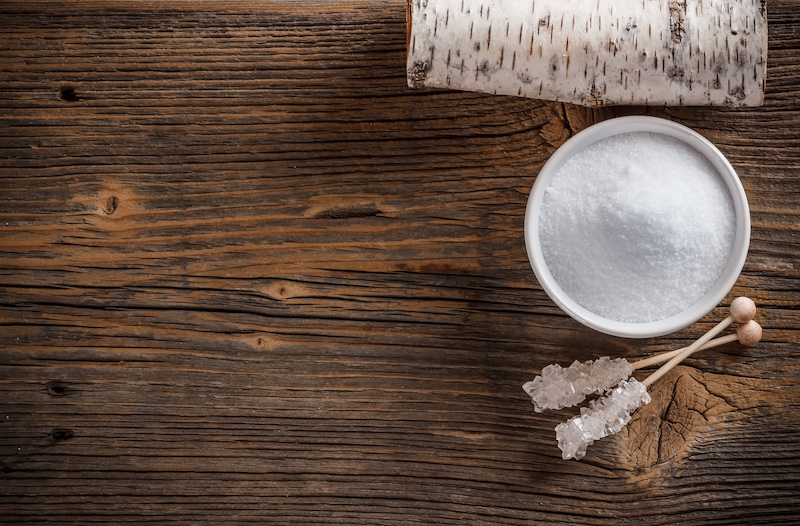
Xylitol is a sugar substitute commonly found in sugar-free gum, candies, and baked goods. Ingesting even small amounts can cause a dangerous drop in blood sugar in dogs, leading to symptoms like vomiting, loss of coordination, seizures, and liver failure. Always check labels on food items, especially if you use sugar substitutes, and keep xylitol-containing products out of reach.
4. Onions and Garlic
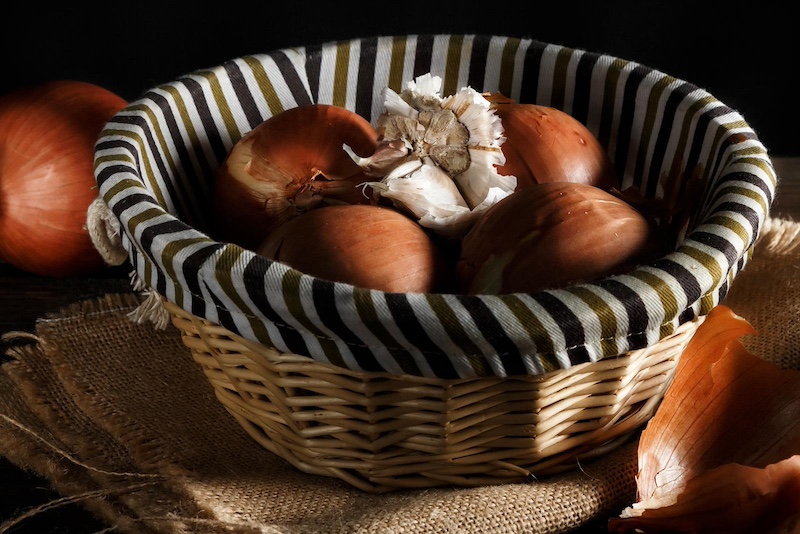
Onions, garlic, and other members of the allium family can damage a dog’s red blood cells, leading to anemia. Symptoms include weakness, lethargy, and pale gums. These vegetables are often found in many cooked dishes, so be mindful of what you’re feeding your dog, and never give them table scraps containing onions or garlic.
5. Household Cleaners
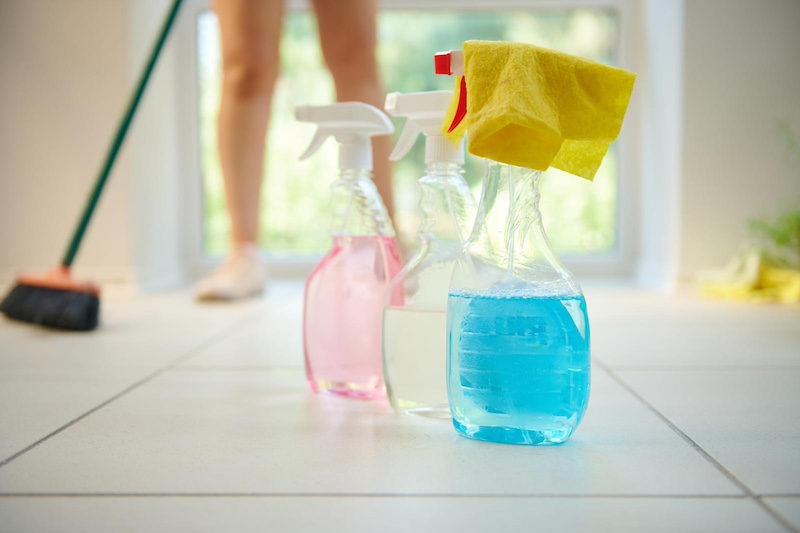
Household cleaners such as bleach, ammonia, and even some “natural” cleaning products can be highly toxic to dogs. Inhalation or ingestion can cause burns, respiratory issues, and poisoning. Always use pet-safe cleaning products when possible, and keep all cleaners stored securely away from where your dog can access them.
6. Medications
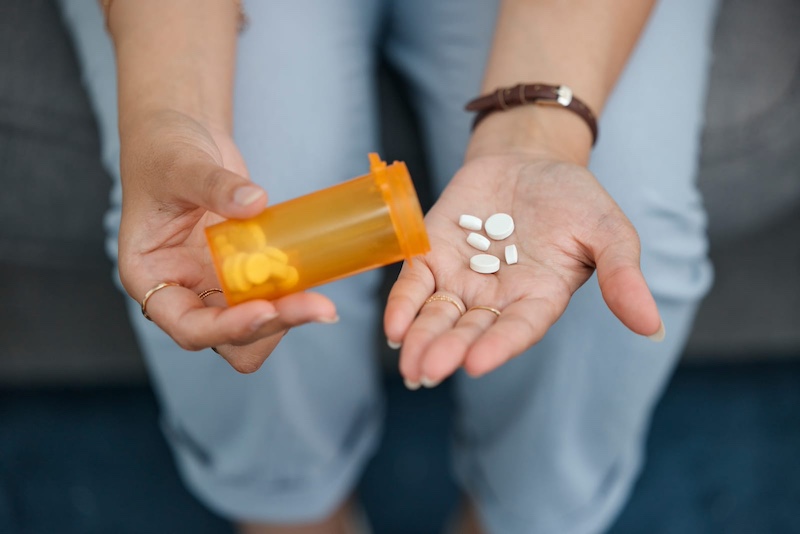
Human medications, including over-the-counter painkillers like ibuprofen, acetaminophen, and prescription drugs, can be extremely dangerous to dogs. Even small doses can lead to poisoning, causing symptoms such as vomiting, organ failure, and sometimes death. Keep all medications, both human and veterinary, stored securely in cabinets that are out of reach of your pets.
7. Batteries
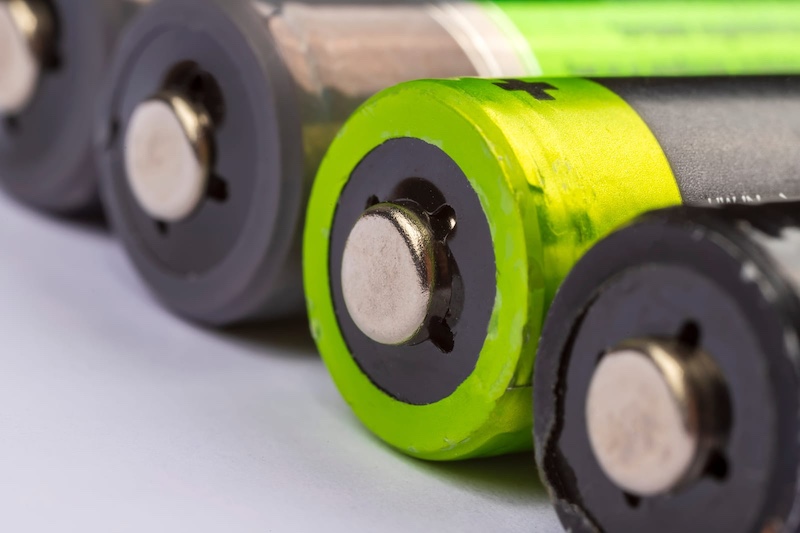
Batteries are not only a choking hazard but also contain corrosive chemicals that can cause burns in the mouth, esophagus, and stomach if ingested. Symptoms include drooling, vomiting, and abdominal pain. If you suspect your dog has chewed or swallowed a battery, seek veterinary help immediately. Keep batteries in secure, pet-proof containers and dispose of old batteries safely.
8. Alcohol

Alcohol can cause severe poisoning in dogs, leading to vomiting, diarrhea, breathing difficulties, tremors, and even coma. Beverages, as well as foods containing alcohol, should always be kept away from pets. Even small amounts can be harmful, so avoid sharing drinks or foods that contain alcohol with your dog.
9. Certain Houseplants

Many common houseplants, such as lilies, sago palms, and philodendrons, are toxic to dogs. Ingestion can lead to symptoms ranging from mild gastrointestinal upset to severe organ failure, depending on the plant. Be mindful of the plants you have in your home, and research whether they are safe for pets. If you’re unsure, it’s best to keep potentially harmful plants out of reach or opt for pet-safe varieties.
10. Insecticides and Rodenticides
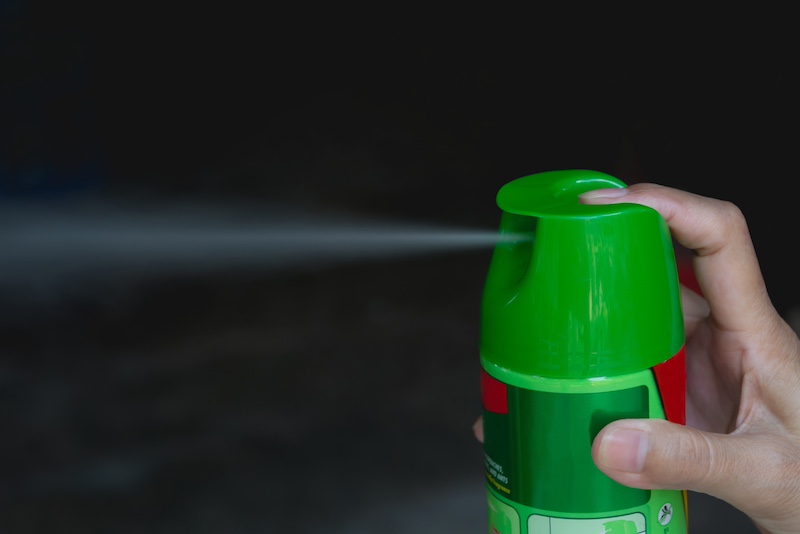
Pesticides, insecticides, and rodenticides can be deadly if ingested by dogs. These chemicals are often used to control pests but can be just as harmful to pets. Symptoms of poisoning can vary depending on the product but often include seizures, tremors, and severe gastrointestinal distress. Always follow the instructions carefully when using these products, and keep your pets away from treated areas. Please Note: This content was created with the assistance of AI and thoroughly edited by a human before publishing.

